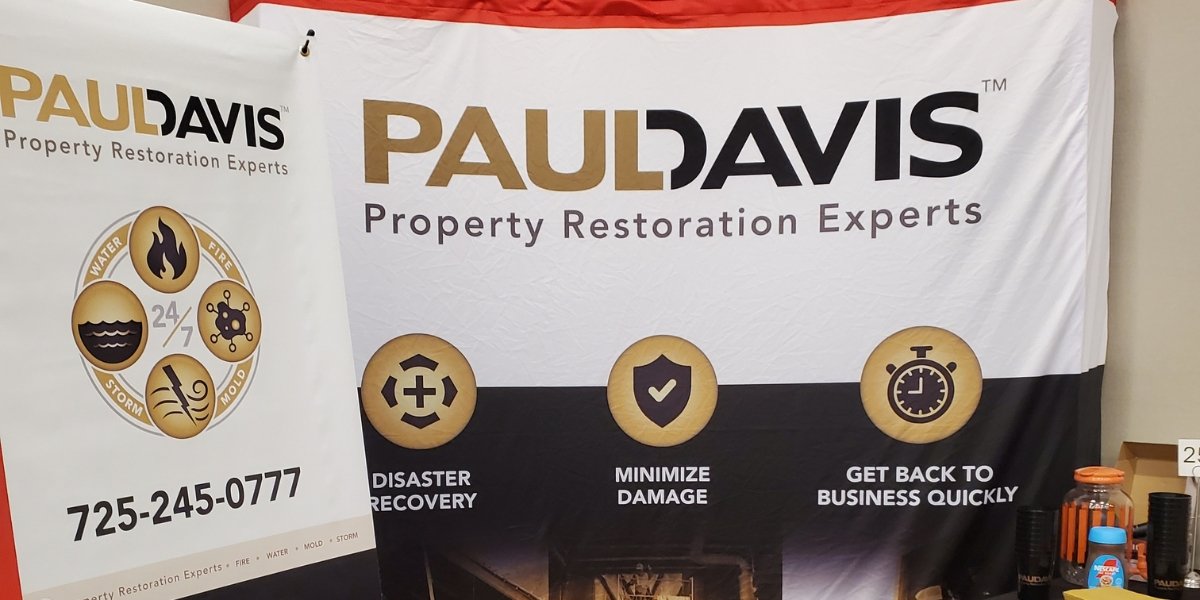Building a career involves a range of factors, from individual preferences to evolving market conditions. One element that often has a steady influence is skill development. While qualifications and experience certainly contribute, the ability to learn new skills and apply them in changing contexts can gradually shift a person’s professional direction. This isn’t limited to promotions or job changes, it might involve adapting to new responsibilities, exploring parallel roles, or even shifting to entirely different fields over time.
Skill development often supports gradual transitions rather than dramatic changes. A person working in hospitality, for instance, might begin learning about digital customer service tools used by other industries. Over time, this growing familiarity can position them for a role in tech support or user experience. The change doesn’t happen instantly, but the new competencies begin to shape the options available. It reflects an ongoing process rather than a single event.
The connection between learning and career direction is not always direct. At times, skill development leads to opportunities that were not initially considered. A technician who takes on training new hires may discover an interest in instruction or workforce development. As new interests emerge, additional skills are developed to support them, leading to career evolution that reflects a broader range of personal capabilities.
Why Might Addressing Skill Gaps Be More Valuable Than Chasing Job Titles?
Job titles can sometimes reflect a person’s responsibilities, but they don’t always provide a full picture of their competencies. A focus on job titles may overlook what actually contributes to professional effectiveness. Addressing skill gaps offers a more practical approach to long-term growth, as it centers on what is necessary for progress, regardless of title or role.
A professional in administration may hold a mid-level title, but if they lack skills in data management or digital communication, their ability to transition into leadership roles could be limited. Identifying these gaps and taking steps to close them allows for more flexibility when exploring future opportunities. It becomes less about the label of a role and more about the readiness to perform within it.
Someone might aspire to a position in marketing but realize that their current knowledge is limited to content creation. Developing skills in analytics, audience segmentation, and digital tools might then become priorities. This targeted approach allows individuals to make thoughtful decisions about where to invest their energy. By addressing what’s missing, they build confidence and create clearer pathways forward.
In many industries, job functions overlap and change frequently. A title that once meant one thing might involve new responsibilities just a few years later. By focusing on skills, individuals can remain adaptable and prepared for those shifts, even if their official title remains unchanged for a period of time.
In What Ways Can Ongoing Skill Development Support Career Changes?
Career changes often come with uncertainty, especially when moving into unfamiliar areas. Ongoing skill development provides a sense of direction during these periods. It allows individuals to build a foundation of relevant competencies that align with their new interests or the demands of a different field.
A person working in education who begins learning about instructional design may gradually find opportunities in online course development. While the settings are different, the ability to design and communicate effectively remains central. Learning software tools, understanding audience engagement, and developing content structure are skills that facilitate this change.
In another case, someone in retail who takes time to learn spreadsheet management and financial basics might find themselves more competitive for roles in purchasing or inventory control. These shifts don’t require completely starting over; they involve transferring existing knowledge while layering new skills that better fit the desired direction.
Maintaining learning habits also provides stability in uncertain times. Economic or industry-related changes can sometimes require unexpected adjustments. Those who regularly seek out new information and experiences may find it easier to reframe their experience in a way that suits emerging opportunities. Continuous development fosters adaptability, which can ease the pressure during moments of professional change.
How Does Self-Awareness Guide Skill Development in Meaningful Ways?
Understanding personal strengths, preferences, and limitations can help focus learning efforts on areas that offer the most benefit. Without this self-awareness, skill development may lack context or direction, leading to frustration or stagnation. When individuals align their growth with their own tendencies and goals, the process becomes more purposeful.
Consider someone who consistently receives feedback about their organizational strengths. Even if they enjoy creative tasks, they might decide to develop skills in project management or operations, where those strengths are more likely to be used effectively. This doesn’t limit their interests—it simply adds direction to their development strategy.
Alternatively, a professional who finds repetitive tasks draining might begin exploring automation tools or workflow optimization techniques. By doing so, they not only improve efficiency but also reduce fatigue in their daily routine. This awareness shapes which skills are pursued and how they are applied in practice.
Reflection plays an important role here. Setting aside time to review what’s working, where challenges persist, and what feels rewarding can offer insight into where learning might be most useful. Feedback from peers, mentors, or supervisors can also offer different perspectives that inform future development.
The goal is not to master every possible skill but to build the right combination for a chosen path. Self-awareness helps ensure that time and effort are invested where they’re most likely to enhance both performance and satisfaction.
Can Everyday Experiences Contribute to Skill Development in Professional Contexts?
Experiences outside formal education or workplace training often play a significant role in building useful skills. Recognizing and applying these experiences can support career development in ways that feel both practical and accessible. It involves rethinking what counts as learning and identifying where personal experiences intersect with professional needs.
Managing a household budget, for instance, involves planning, numerical accuracy, and decision-making. These same abilities are applicable in roles that require financial oversight or resource allocation. Participating in community events or organizing a group activity can develop coordination, communication, and problem-solving skills that carry over into project-based work.
Someone who spends personal time exploring coding, writing, or design may already possess abilities that are valuable in the workplace. Even without formal credentials, a portfolio or demonstration of applied knowledge can carry weight. Building on these interests with more structured learning or practical application helps bridge the gap between informal experience and recognized skill.
Internships, freelance work, or volunteering are additional ways to gain relevant experience while testing new interests. These environments often offer the chance to apply new skills with lower stakes, allowing for growth without the pressure of immediate performance. Over time, this kind of exposure builds confidence and clarifies which skills are worth developing further.
Combining lived experience with ongoing learning creates a rich environment for growth. Instead of relying solely on academic or corporate pathways, individuals can take a more integrated approach that reflects the full range of their capabilities and interests.






